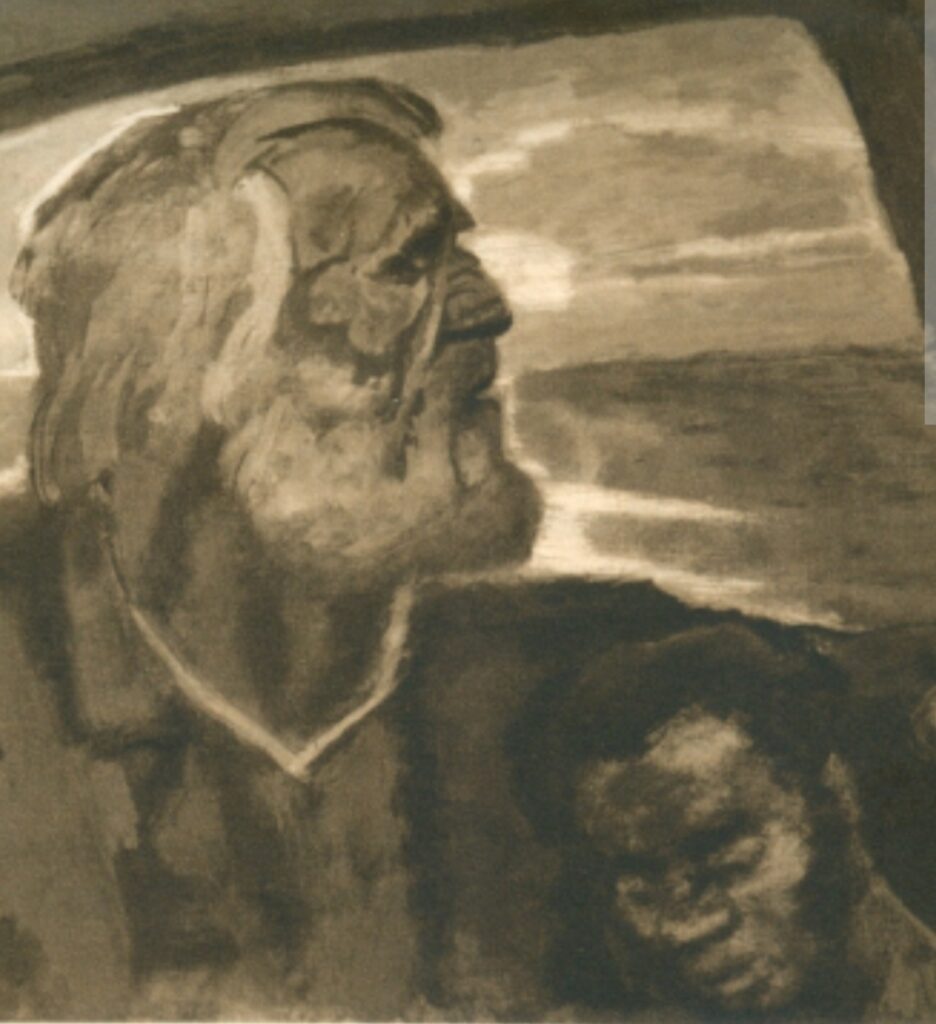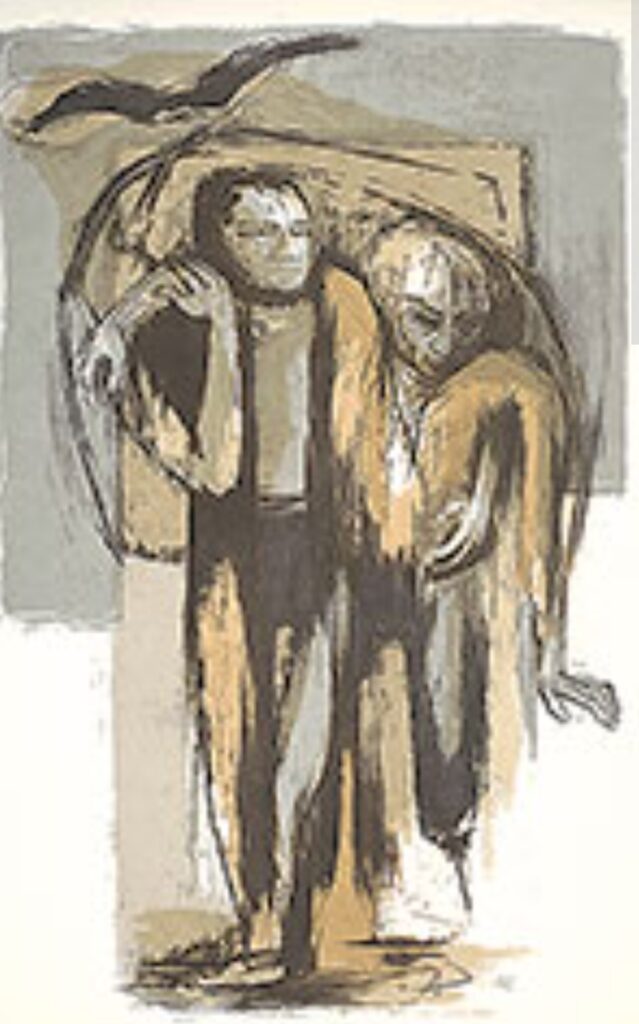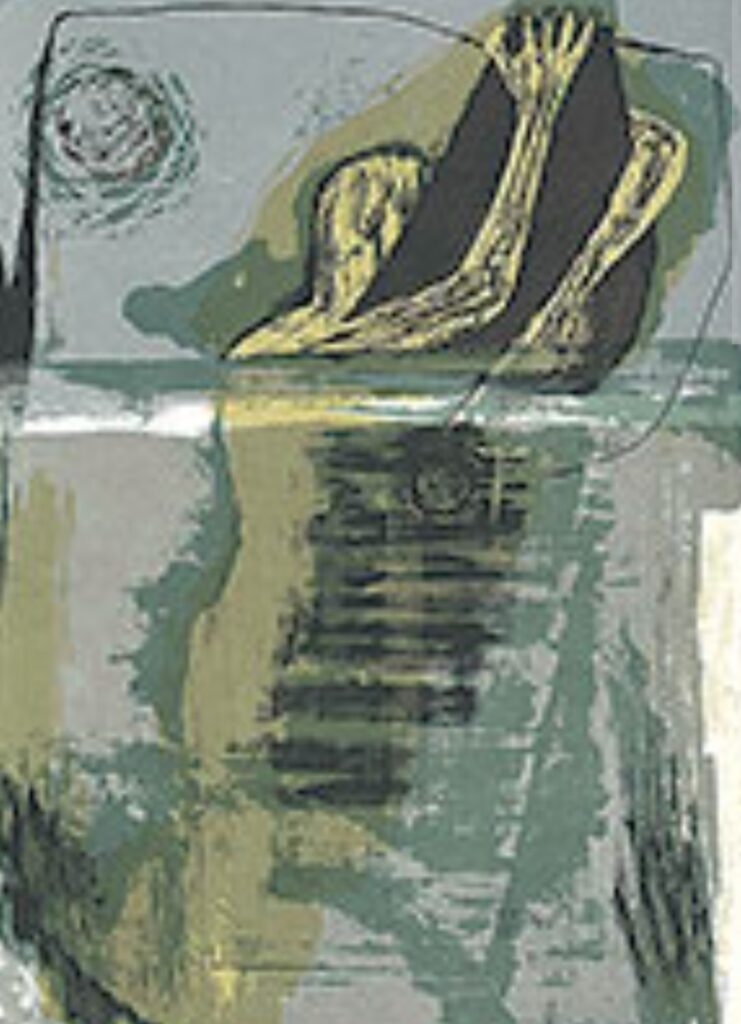By the time the ship happens to sail by and pick up Pip “by merest chance,” the ocean has “jeeringly kept his finite body up” but has “drowned the infinite of his soul.” Pip has lost himself. He has come to feel “indifferent as his God” (Melville had been reading in Carlyle’s Sartor Resartus about the “centre of indifference” as a stage to wisdom), and “from that hour the little negro went about the deck an idiot,” or “such, at least they said he was.” Pip stands before the gold doubloon that Ahab has nailed to the mast and, to the puzzlement of his shipmates (“Upon my soul, he’s been studying Murray’s Grammar!”), he conjugates the verb “to look”: “I look, you look, he looks; we look, ye look, they look.” He has been emptied of self-consciousness, and protected by his evident idiocy against his white masters-whom he calls, knowing their propensity to rage, “white squalls”-he speaks the candid truth that they all see the world as a reflection of themselves. Even to the most explosive of them, Ahab, he dares to say: “Will ye do
one little errand for me? Seek out one Pip, who’s now been missing long.” As for Ahab, touched for the first time by the suffering of another human being, he questions Pip gently in an exchange worthy of Lear and his Fool:
“Where sayest thou Pip was, boy?”
“Astern there, sir, astern Lo! lo!”
“And who art thou, boy? I see not my reflection in the vacant pupils
of thy eyes. Oh God! That man should be a thing for immortal souls to sieve through! Who art thou boy?”
In answer, Pip can only parrot the language of an advertisement for the return of a fugitive slave:
“Pip! Pip! Pip! Reward for Pip! One hundred pounds of clay-five feet
high-looks cowardly-quickest known by that! Ding, dong, ding!
Who’s seen Pip the coward?”
“Melville: His World and Works” Andrew Delbanco




